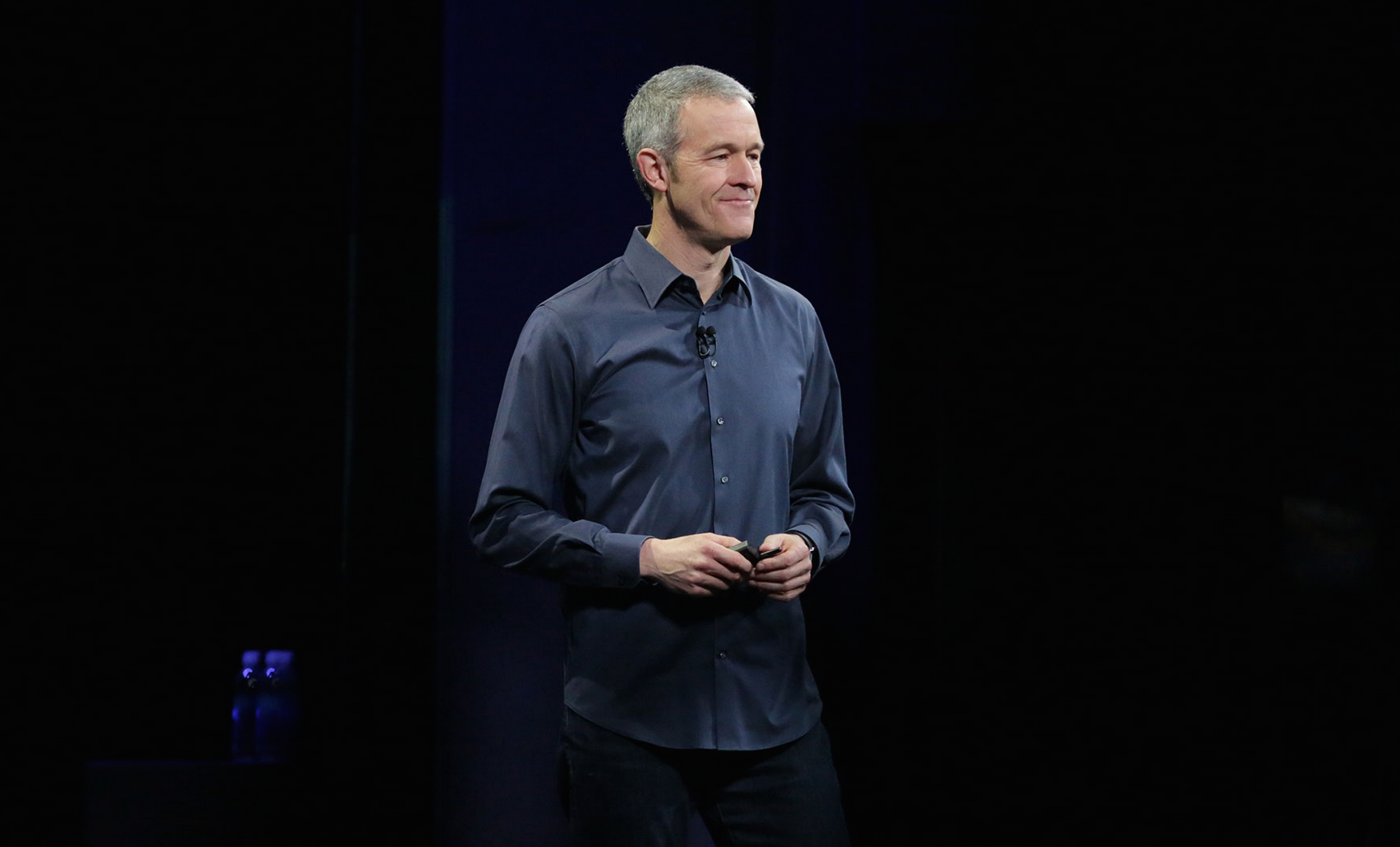
Operations boss Jeff Williams is in Taipei today for the 30th anniversary of Apple’s key semiconductor foundry partner, Taiwan Semiconductor Manufacturing Company (TSMC), which fabricates the new A11 Bionic chip powering iPhone 8 and iPhone X.
In an interview Monday with Reuters, Williams shared his enthusiasm for artificial intelligence and how it could transform the healthcare sector, an industry he sees as “ripe” for change:
I think we’re at an inflection point, with on-device computing, coupled with the potential of artificial intelligence, to really change the world.
Commenting on Apple’s approach to AI, the executive said:
Some pieces will be done in data centers, some will be on the device, but we are already doing artificial intelligence in the broader sense of the word, not the ‘machines thinking for themselves’ version of artificial intelligence.
The phone is a major platform for artificial intelligence, he continued:
We think that the frameworks that we’ve got, the neural engines we’ve put in the phone, in the watch … we do view that as a huge piece of the future, we believe these frameworks will allow developers to create apps that will do more and more in this space, so we think the phone is a major platform.
TSMC’s 30th anniversary celebration was attended by global technology executives.
The foundry has been the sole manufacturer of Apple-designed mobile chips for years now, a relationship TSMC Chairman Morris Chang described as “intense.” The two companies began co-operating in 2010 as Apple at that time was looking to distance itself from rival Samsung amid allegations of patent infringement.
Williams said TSMC’s “huge” capital investment allowed it to ramp up faster than the pace the industry was used to at the time. Specifically, Williams credited TSMC with pouring a cool $9 billion into bringing up its next-generation Tainan fab in a record eleven months.
As rumored, Williams also met Foxconn co-founder and chairman Terry Gou amid reports of ongoing iPhone X production woes, specifically issues with poor yields on the dot projector, a crucial component of the new TrueDepth camera system.
KGI Securities analyst Ming-Chi Kuo recently cautioned that Apple could have just two to three million units stockpiled by the time iPhone X ships on November 3.